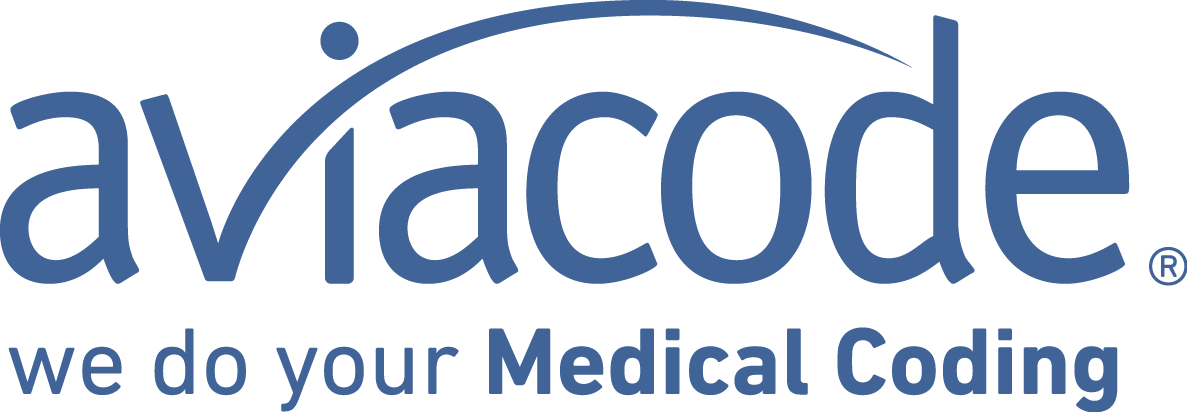October 1, 2017 introduced the mandated code updates for thousands of FY 2018 ICD-10-CM and ICD-10-PCS codes. Necessary code changes must be incorporated into every hospital, physician practice, medical provider, payer billing, and abstracting system, and/or encoder.
The final updated ICD-10-CM codes for 2018, posted on the Centers for Medicare and Medicaid Services’ (CMS) website, contain 360 new, 142 deleted, and 226 revised diagnosis codes, according to a report from HealthLeaders Media. The revisions include 322 more changes than were proposed by the CMS in April’s Inpatient Prospective Payments System (IPPS) rule. The new codes took effect on October 1, 2017.
Key changes include:
- Substance abuse remission codes revised. Explanatory information included with the substance abuse remission codes will classify the severity of the use as mild, moderate, or severe to better coordinate ICD-10-CM coding with the American Psychiatric Association's Diagnostic and Statistical Manual of Mental Disorders (DSM-5).
- Myocardial infarction codes have been added for myocardial infarction (MI) type-2 (I21.A1) and other MI type (I21.A9) which means that caregivers need to take into consideration the type of MI the patient is having. A type-2 MI describes an MI due to demand ischemia. In addition, notes added under ST-elevation MI codes (I21.0-I21.4) clarify that the condition is a type-1 MI.
- Heart failure gets new codes. The updated code set includes new codes for various types of right heart failure, including acute (I50.811), chronic (I50.812), acute on chronic (I50.813), and unspecified (I50.810). There are also new codes for right heart failure due to left heart failure (I50.814), biventricular heart failure (I50.82), high-output heart failure (I50.83), and end-stage heart failure (I50.84) for patients with advanced disease who no longer respond to medications.
- Antenatal screening codes expand reporting options. Medical practices will be able to report specific screening tests administered to pregnant patients, such as fetal growth retardation and chromosomal abnormalities, with 17 new Z codes.
The final code set also includes more than 100 deletions that were not in the proposed code set, including a reversal on new codes, such as: Three anorectal abscess codes for horseshoe, ischiorectal, and supralevator abscesses were issued in the proposed code set but were not included with the final codes.
The head-injury section of Chapter 19 will lose 68 subsequent encounter and sequela codes. In addition, 36 thumb subluxation and dislocation codes have been deleted.
As one can easily see the new ICD-10 coding changes are numerous and complex. If your organization needs help in handling the new codes, Aviacode has advanced medical coding technologies and experienced coders that can guarantee accuracy and turnaround for the new 2018 codes. Our solutions are less costly and less hassle for practice managers, physicians, hospitals, and providers. We can provide a temporary solution for eliminating backlogs, provide overflow coding coverage, help with transition to specific specialties, or provide permanent HIM department support. Aviacode uses only the best credentialed and experienced coders in the industry. All our coders are certified, have a minimum of three years experience, and are continually working to improve their productivity and to stay on top of the new 2018 ICD-10 coding rules and regulations.
Final ICD-10-CM Codes for 2018 Are Varied and Complex – Are You Ready?
Posted by
David Fong on Oct 17, 2017 7:00:00 AM
Topics: Medical Coding


